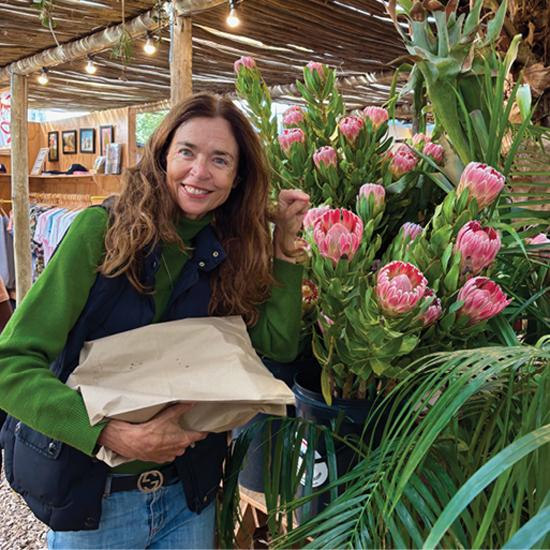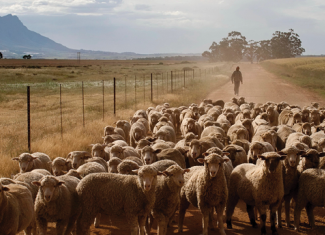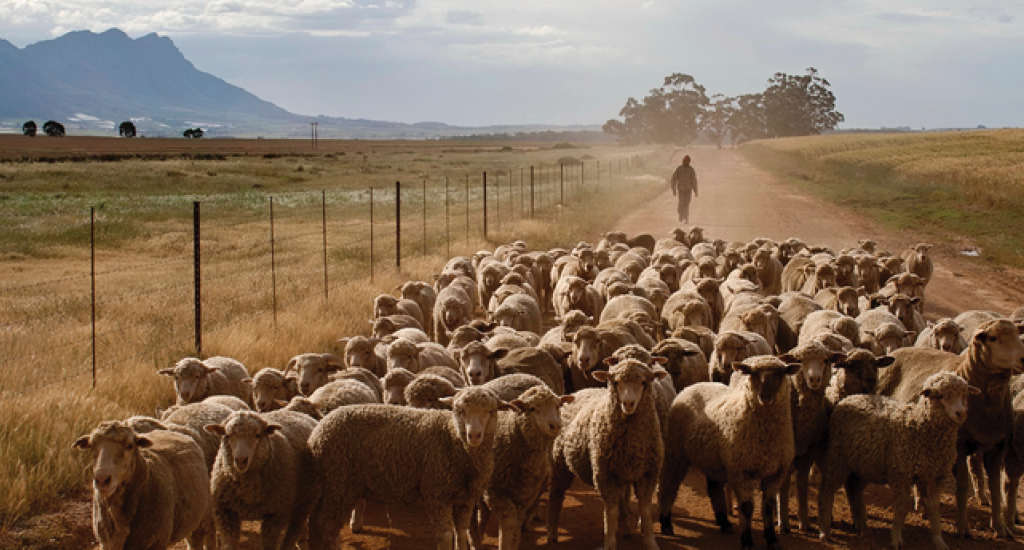Why your next holiday should
support rural South Africa

While tourists flock to traditional wildlife reserves and coastal destinations, a quiet revolution is happening in South Africa’s rural heartland. Agritourism is creating new economic opportunities for communities that have long been overlooked – and offering visitors authentic experiences that go far deeper than typical farm stays.
Jacqui Taylor is the driving force behind this stunning growth. Having previously worked in the wine industry, she experienced an epiphany in 2016 at the International Federation of Agricultural Journalists Conference. When a Danish journalist asked her to recommend authentic agritourism farms for his extended South African stay, she found herself stumped.
“I wanted to give him an authentic farm experience, not a contrived theme-park one,” recalls Taylor, who would go on to found Agritourism South Africa and later Agritourism Africa. “So I started researching agritourism in South Africa and found we did not have a coordinated approach to marketing it”.
As travellers increasingly seek meaningful experiences and connections with nature and local food sources, the sector has experienced phenomenal growth. Global agritourism markets were valued at $9.01 billion in 2024 and expected to grow 11.9% annually through 2030. South Africa, with its diverse farming landscape, is particularly well-positioned to capitalise on this boom that could revolutionise rural economic development whilst preserving local culture.
Redefining rural experiences
Agritourism in South Africa extends far beyond the wine farms that dominate tourism marketing. Rural experiences include wildlife farming operations replenishing animal populations affected by poaching and climate change, alongside craft and art enterprises in peri-urban areas. “Agritourism is not just farm stays,” Taylor explains. “It can include accommodation, but it is more focused on experiences, services and activities”.
The most immediate benefit for rural areas is the creation of sustainable rural development opportunities for those who live close to agricultural areas, mostly women and the youth.
The goal is to “persuade people to venture out of cities to experience other ways of living and facilitate meaningful interaction with those who work and live in different environments”. In championing community development, successful agritourism operations addresses five key areas: food and livelihood security, agrobiodiversity, local and traditional knowledge legacy protection, cultural value system guardianship and landscape conservation.
In an era of curated social media experiences, agritourism offers something increasingly rare: authenticity. “Agritourism farms do organise events, but organising events in rural areas is very different from urban areas,” Taylor notes. “There are constraints, like infrastructure, which ensure authenticity remains central to the experience”.
This authenticity serves a deeper purpose beyond tourist satisfaction. “Agritourism offers farmers the opportunity to preserve rural lifestyle, rural heritage and practices while focusing primarily on food production,” Taylor explains.
Challenges and opportunities
Despite its potential, agritourism faces significant obstacles. Access to finance and entrepreneurial training top the list of challenges facing rural communities wanting to enter the sector. The tourism industry’s fragmented structure compounds these challenges, yet the economic argument for agritourism extends far beyond individual farm income.
As South Africa’s cities strain under infrastructure pressures and unemployment, rural development becomes crucial. “We must create opportunities to keep South Africans meaningfully and sustainably employed in rural and peri-urban regions,” she says.
For rural communities considering agritourism ventures, Taylor offers practical guidance.
“It is important to understand the tourism market, so use someone who has worked in the industry,” she advises.
“Referral systems and contact networks are key to avoiding excessive start-up marketing costs”.
Her approach emphasises starting small: “Find out what works and where challenges can be overcome by tweaking the business model. Once you decide to open an agritourism business, full-time commitment is required, and family and community participation is imperative”.
Some agritourism establishments to visit:
- Reverend Alfred Mahapa Foundation, Tshwane, Gauteng. Contact: 076 369 3990 or 067 280 8746
- Copperleigh Trout Cottages and Fishing, Dargle, KwaZulu-Natal: www.copperleightroutcottages.co.za
- Papkuilsfontein, Niewoudtville, Northern Cape. www.papkuilsfontein.com
- Flintbeck Farm Lodge, North West: www.flintbecklodge.co.za
- Meloti Valley Lodge, Farm Nooitgedacht, Mpumalanga: www.melotivalley.co.za
- !Khwa ttu Nature Farm, Yzerfontein, West Coast: www.khwattu.org
- Trails End Bike Hotel: https://trailsend.bike




